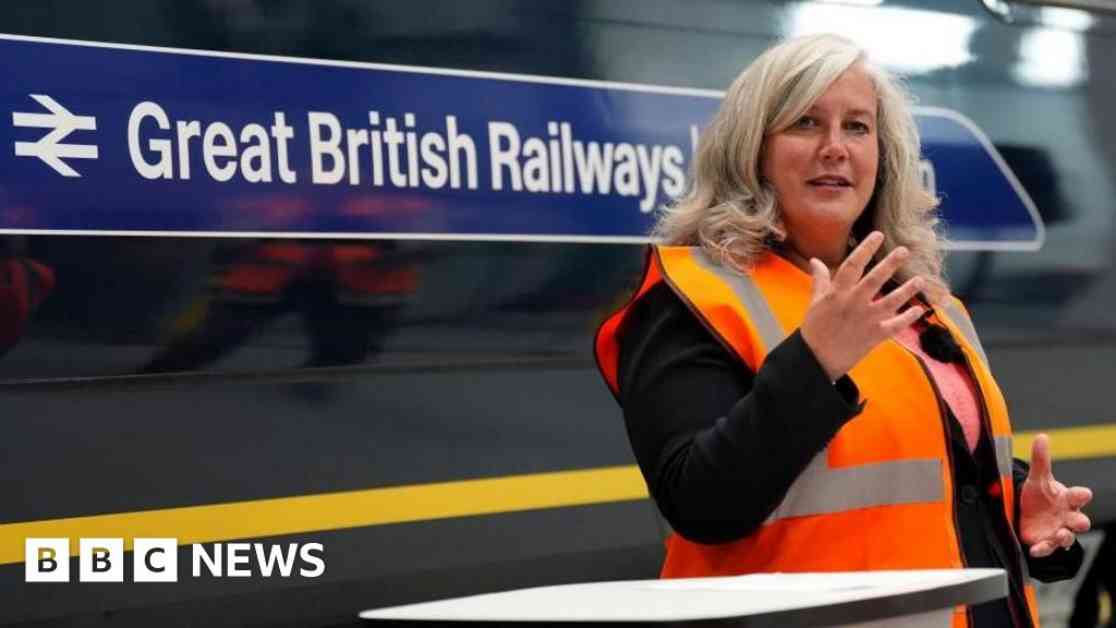South Western Railway (SWR) has been brought back into public ownership, making it the first train company to make the switch under Labour. The very first nationalised service, from Woking to Surbiton, left right on time at 05:36. The government is pretty excited about this move, calling it a “new dawn for rail”, but they’re not making any promises about lower fares just yet. Instead, they’re focusing on plans to make services better and use profits to invest in infrastructure. Unions are a bit worried about outsourcing to private companies, while the opposition Conservatives are putting pressure on Labour to follow through on their promises.
The responsibility for SWR trains now falls under the Department for Transport (DfT) Operator and will be part of Great British Railways (GBR), the big boss overseeing all railway infrastructure. GBR isn’t officially up and running yet, as MPs still need to vote on creating it, which looks like it’s going to happen in the autumn. During a visit to a train depot in Bournemouth, Transport Secretary Heidi Alexander called the nationalisation of SWR a “real watershed moment”. When asked about whether ticket prices will go down, she couldn’t make any guarantees, but she did say passengers can expect “great value for money.”
The first SWR service under public ownership turned out to be a rail replacement bus. Passengers on the 05:36 service from Woking to London Waterloo had to hop on a bus at Surbiton due to some engineering work. The service now sports a new GBR look, with the words “Great British Railways” and “coming soon” painted in white on a royal blue background with a bit of a union flag. Interestingly enough, back in 1996, the first privatised service also used a rail replacement bus. Two more rail firms, C2C and Greater Anglia, are set to join the public ownership club later this year. The plan is to bring a total of seven more companies under government control by 2027, as each of their contracts wraps up—or even sooner if they’re not performing up to snuff. These companies include West Midlands Trains, East Midlands Railway, Avanti West Coast, CrossCountry, Chiltern Railways, Govia Thameslink Railway, and Great Western. The government’s goal is to renationalise nearly all passenger rail services across England, Wales, and Scotland by 2030, a plan that the Conservatives aren’t too thrilled about.
What’s the big deal with renationalising the railways, you ask? Well, the RMT union is pretty pleased with SWR’s move back to public ownership, seeing it as a major step forward and a rejection of the failed privatisation model. However, they’re not entirely satisfied since some contracted-out members are still not reaping the benefits of renationalisation. The government is saying they can’t promise cheaper fares, even though there are some significant cost savings expected from renationalisation. The plan is to invest any extra cash into improving services. Word on the street is that ministers are hoping to find ways to cut the cost of rail travel, but they can’t make any solid promises until GBR is officially set up and services are renationalised.













